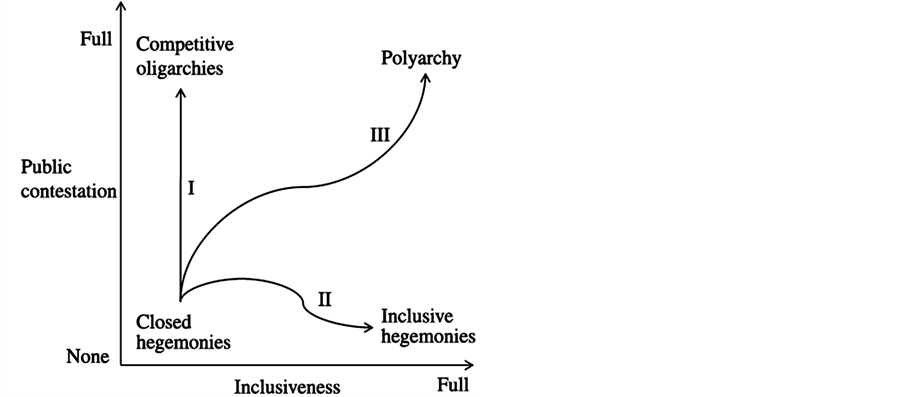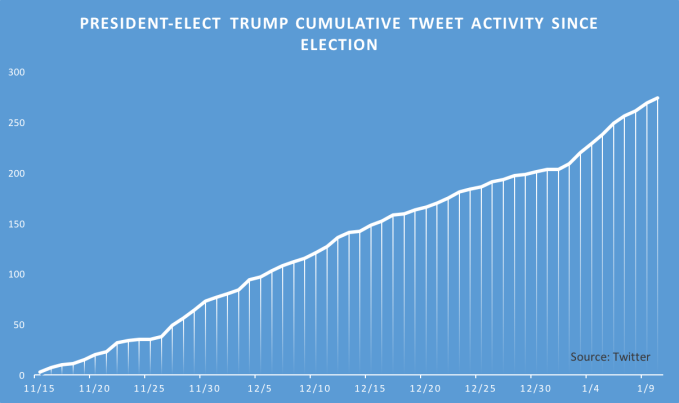I quit running half-marathons because of my RunKeeper app. During each of my half marathons, the 90’s hip-hop on my phone would be interrupted by a tinny voice reminding me that I was getting farther and farther off my two hour pace. While RunKeeper didn’t make me a sub-par distance runner, its constant quantification of my performance made me a disgruntled runner. When it comes to how fast I was running, I wanted to know, but I didn’t want to know.
In my day job as a political scientist, I see parallels between my frustration with “quantified running” and our national frustration with American politics. Our impulse towards knowing without understanding is making us a society of disgruntled citizens. While the Fitbit doesn’t make us hate Congress directly, it serves as a symbol of our society’s insatiable need for information. In my case, my “need to know” resulted in slapping “analytics” onto my running that I really could have done without. In politics it leads to a relentless demand that the system be transparent and accountable at all times, even if we’re not entirely sure what we’re looking for.
What is so bad about transparency in politics or in life? Most Americans would say that we need more accountability and transparency from our political institutions, not less. In March of this past year, C-SPAN, the cable channel that shows Congress, celebrated its 35th year of broadcasting the proceedings of the House of Representatives. Six years later, C-SPAN began televising the Senate. In both cases, there has been little reflection on how these technological intrusions have affected the work of either chamber.
What underlies the public’s call for more cameras is summed up by Justice Louis Brandeis famous quote that “sunlight is said to be the best of disinfectants.” But if this were true, why is Congress’ popularity at an all time low? Confidence in institutions has steadily eroded since the 1970’s. According to Gallup, in April of 1986, the last poll taken before C-SPAN began broadcasting the Senate proceedings, 42 percent of Americans approved of Congress. No great number, but in August of 2014, Congress’ approval rating had fallen to 13 percent. A January 2013, Public Policy Polling Survey found Congress to be less popular than, among other things, cockroaches, France and used car salesmen.
To be sure, Congressional approval ebbs and flows, but we’ve seen a steady downward trend in our view of our legislative institutions over the last three decades. While cameras in Congress hasn’t caused the decline in popularity, cameras haven’t helped.
We live in an age where technology promises to help us gain greater access to ourselves. Through apps that track our sleep, mood, fitness, food intake, blood sugar levels, etc., we are promised better living through information. But as we gain more information, do we gain greater understanding? Scientists are taught that data collection should follow from good theory. Theory is what helps us understand what we are looking for when we observe the world. In other words, scientists need a well thought out reason for collecting data, otherwise it’s just noise.
As far as politics are concerned, the majority of the American public would like more noise. A 2009 poll commissioned by C-SPAN found that 65 percent of respondents agreed there should be cameras in the United States Supreme Court. In a chapter for the 1997 book “Covering Congress, C-Span president Brian Lamb noted that 75 percent of the public approved of having cameras in the House and Senate. Lamb noted that one response to the survey suggested that “cameras should be everywhere except bathrooms.” But if we are to gain more information about Congress, are we prepared as citizens to make sense of it?
Americans in general have little interest in making sense of the noise. Political Scientists John Hibbing and Elizabeth Theiss-Morse observed in 2002 that most Americans favored a system of stealth democracy where they were not called upon to participate actively in or know much about in the political process. According to surveys done by Hibbing and Theiss-Morse, most Americans were less interested in transparency and more interested in “effective management” of problems like job creation or fighting terrorism.
So why the cameras if we’re really not that interested? The effect of C-SPAN cameras in Congress has been to turn every session and committee hearing into a low-intensity, reality television show. Whether C-SPAN cameras are directly to blame, It is no coincidence that the drop in Congressional approval corresponds with the advent of a 24- hour news cycle that demands to be fed information. By now, we are well aware that personal failings, flubs during speeches or grandstanding efforts like the Ted Cruz filibuster in 2013 are more impactful than the actual product of Congress. In 2014, Florida Representative Joe Garcia(D) was caught on C-SPAN’s cameras picking and eating his own ear wax. Having access to Congress on television might produce hilarity on “The Daily Show,” but at what cost?
In the Virtues of Mendacity: On Lying in Politics, UC-Berkeley historian Martin Jay argues that our demands for authenticity in politics has led separate politics from “the political.” We expect our public officials to have the same integrity, honesty and accessibility we demand from our private relationships. He finds this problematic, since “dealmaking” is a vital mechanism for arriving at compromise in American politics.
But as a public, we are uncomfortable with this idea. We want our elected officials to be beyond reproach, but because we suspect they are not, we want someone to watch them to make sure they are behaving themselves. Hence, the real “watchers” of C-SPAN are interest groups, political parties and think tanks, that are more than happy to look for ways to confirm the public’s suspicions, particularly when it comes to their opponents.
Because members of Congress know this, they seek out spaces to conduct private work. The House leadership, intuitively are aware of this. have kept rigid control over the positioning of the cameras in Congress. On numerous occasions, the House leadership, regardless of party, has ordered the cameras to be turned off or positioned away from part of the chamber. During the contentious 2003 floor vote over the Medicare prescription drug bill, the Republican leadership kept the cameras pointed towards the Democratic side of the aisle for three hours, presumably so the public would be spared the sight of the majority’s relentless arm twisting of its members.
Each emerging technology changes the relationship between the viewer and what is being viewed. My run was affected by my constant quantification of its speed. On a run, the synthetic voice would interrupt my mid-nineties hip-hop to tell me that I had run the previous mile in 10:15, when I was shooting for 9:30. By knowing this piece of data, I have put a label on it. By calling it something (a “slow run” in this case) I have in a real sense reduced its value. I could have seen a beautiful sunset on that mile or had a personal insight, but by viewing through the lens of my run tracker, it became a slow mile, and nothing else.
With Congress, our perception of it is impacted by our televising its proceedings. We may not watch CSPAN but most of us like knowing its being televised because “someone will be watching.” Rather than unquestioningly embrace the accumulation of information, we should be asking ourselves, what do we want this information for and how do we intend to use it? and recognize how politics works. We don’t need to get rid of information. Instead, we need a more subtle understanding of the reasons for its collection. To be sure, there is an important place in American politics for a watchdog role. But a good watchdog knows what they are looking for and doesn’t bark at every subtle movement.





